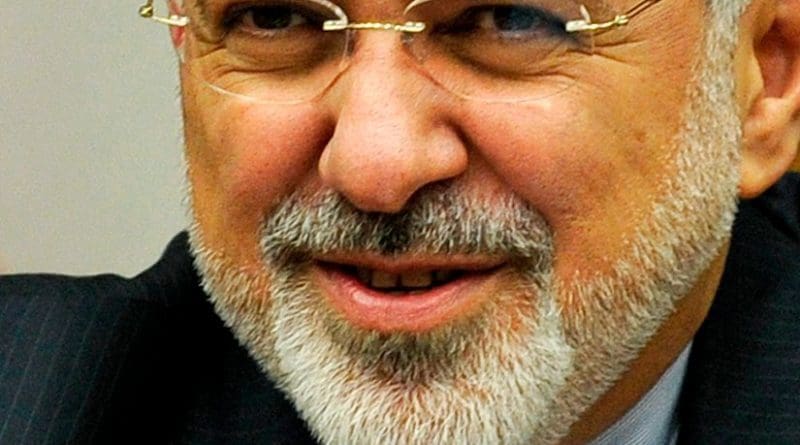Iran’s New Flexibility On Syria – OpEd
Determined to find a durable political solution for the horrific bloody conflict in Syria, Iran is now seriously contemplating a new approach that is future-oriented and realistic, instead of clinging to the traditional view that can be summed up in one sentence: there is no alternative to Bashar al-Assad.
But, after a catastrophic five-year conflict exacting so many lives, including scores of Iranians and Shiite Lebanese, Tehran is finally warming to a post-Assad scenario, provided that it does not spell doom for its old alliance with Damascus and any strategic loss. Needless to say, this is a highly sensitive national security issue for Iran and its system of regional alliance, at a crucial time when the Saudi-led bloc is on the offensive and seeking to limit or neutralize Iran’s regional power projections, which is why any even slight changes in Iran’s Syria policy invites serious scrutiny in the country’s policy circles.
Iran’s new flexibility, signaled recently by Iran’s foreign minister Javad Zarif, has coincided with a draft Russian-proposed new constitution for Syria that emphasizes political pluralism and envisages a federalist system for the war-ravaged country. Russia too is turning more flexible, reflected in President Putin’s CNN interview acknowledging US as the sole superpower, thus giving rise to the hope that with due US-Russia cooperation, that brought about the fragile cease-fire, we may be on the cusp of a major breakthrough in the Syrian conflict.
Of course, much depends on the US, which has prioritized fighting ISIS in both Syria and Iraq, a policy seriously questioned by some 51 former US diplomats in their “dissent letter” to the White House that calls for US air strikes on the Syrian regime, ostensibly to extract more concessions from Damascus, which insists on the country’s territorial integrity. Should the US follow this (misguided) approach, then the situation would turn considerably more volatile, further escalating the current US-Russia tensions. The “dissent letter” does not bother to dwell on the unintended consequences of a serious escalation of the conflict as a result of the US’ bombardment of the Syrian military, which can only benefit the radical Jihadists who are on US’s terrorism list.
The problem with the US’s insistence that “Assad must go” is that it does not properly prognosticate the day after, i.e., whether or not Libyan-style chaos would follow once the authoritarian head of state is removed. All paper agreements can fall to the side and reflect a deep chasm with a different reality of a Libyan-type chaos and war-lordism if the necessary guarantees for a durable political solution are not somehow interwoven with a post-Assad scenario. With or without Assad, however, the long list of Syria’s endemic problems remains, which is why it is mandatory to avoid political reductionism and focus on an individual instead of the complex political and societal processes.
Another complicating factor is the US’s upcoming elections and the uncertainties regarding the next administration, which may or may not stick with the terms of any deal on Syria, thus complicating Zarif’s efforts to upgrade Iran’s Syrian policy mentioned above. It may therefore be better, from Iran’s perspective, to stay the course until the November US elections, when we would have a fairly better perspective of the US’s foreign policy priorities.
Within Iran, Zarif’s key allay at the moment is Ali Shamkhani, the head of Iran’s national security council, who now shoulders the responsibility to coordinate Iran’s Syria policy with Russia. Shamkhani is considered a pragmatist, Centerist politician who backed the recent Iran nuclear deal and can send reassuring signals from Iran, to complement Zarif’s efforts. On the other hand, there is a bit of political gamble nested in Iran’s new flexible approach, insofar as the domestic backlashes potentiated by an non-reciprocated western strategy is concerned. In turn, this calls for caution and nuanced approach toward Syria, one that does not introduce new fissures with Iran’s regional allies.

